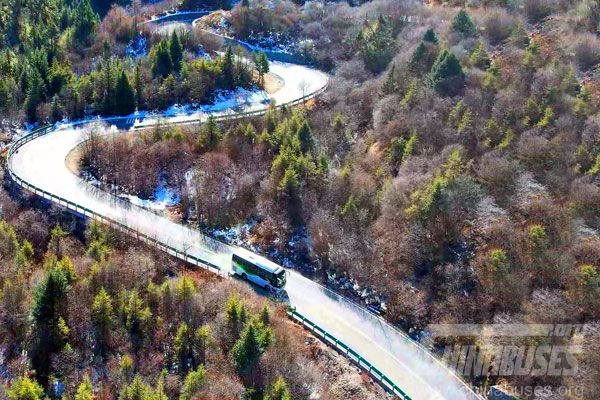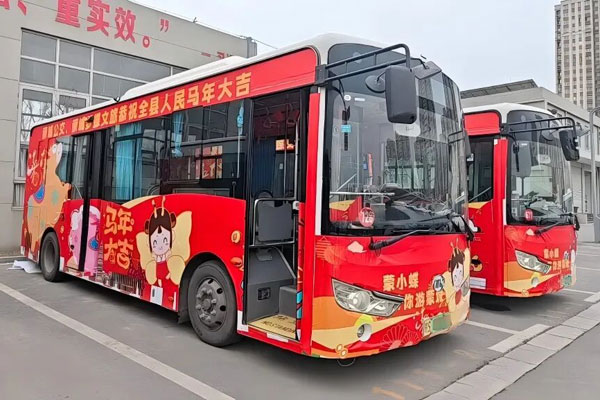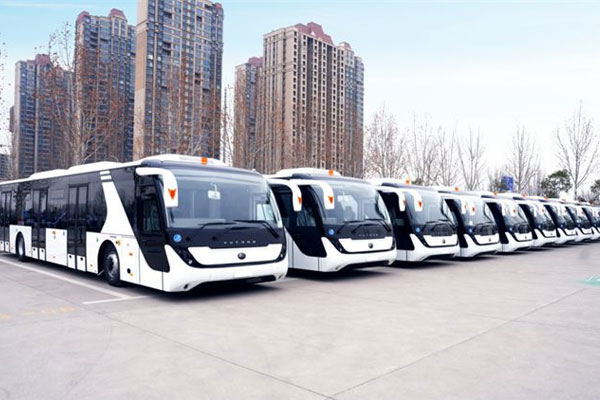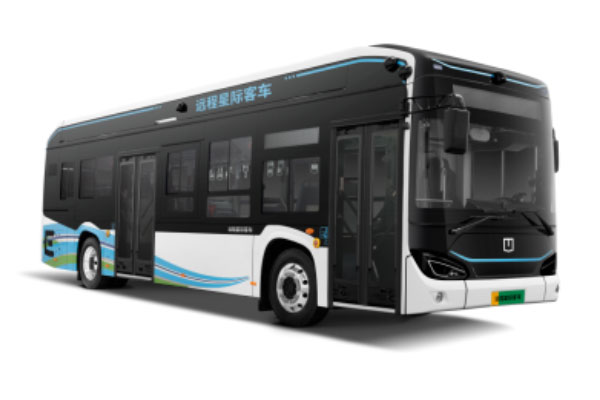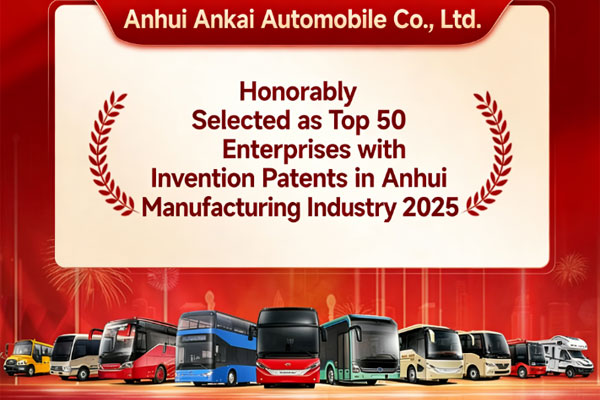From the improvement of hydrogen refueling station facilities to continuous development in hydrogen fuel cell systems, vehicle and application ends, with the joint efforts of the upstream and downstream of the industry chain, Beijing's hydrogen energy industry has developed brilliantly. One hydrogen energy demonstration project after another is accelerating implementation, demonstrating the acceleration of hydrogen energy.
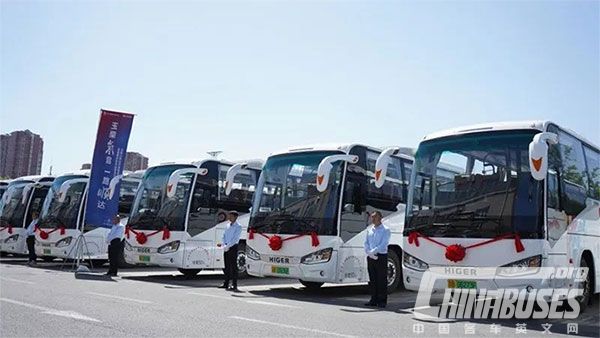
On May 13, 2024, Beijing Daxing International Hydrogen Energy Demonstration Zone once again ushered in a new batch of 50 hydrogen fuel cell buses into operation, injecting scientific and technological innovation into the Beijing-Tianjin-Hebei hydrogen demonstration city cluster, highlighting the capital's responsibility and technological leadership in implementing the "dual carbon" goals. These vehicles are all Higer 12-meter hydrogen fuel cell buses equipped with the Yuchai Xingshunda commercial vehicle fuel cell system, with a maximum rated power of 125kW. These buses have the advantages of lower hydrogen consumption, reliability, and durability.
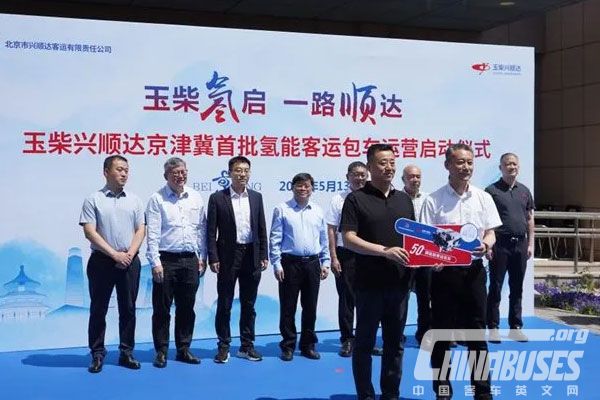
Compared with traditional internal combustion engines, the fuel cell propulsion system utilizes the electrochemical reaction process of hydrogen and air to replace the mixed combustion in traditional internal combustion engines. This product has technical advantages such as high efficiency, zero emissions, low noise, and high power density. Such hydrogen-powered buses demonstrate significant environmental advantages. For every 100 kilometers traveled, they can reduce carbon dioxide emissions by 70 kilograms. Empowered by better fuel cell technology, it will further expand the application scenarios of hydrogen energy and provide a better foothold for green and zero-carbon development.
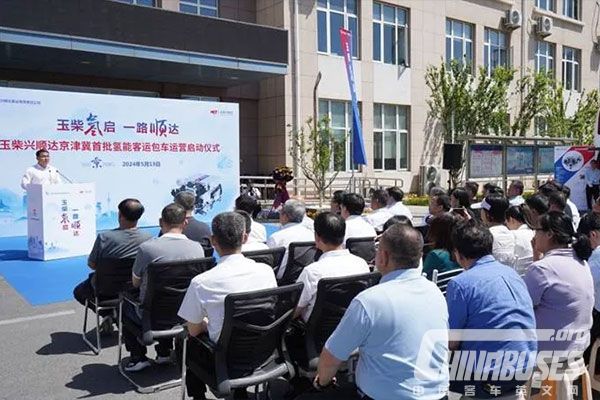
Moreover, Higer hydrogen buses have the advantages of short refueling time and long driving range. The refueling method is similar to that of fuel vehicles. The on-board hydrogen storage system has a capacity of 25 kilograms, and it only takes ten minutes to refuel. After being fully fueled, the vehicle can travel nearly 400 kilometers, greatly improving operational efficiency and ensuring one or two days of vehicle operation, making user operations more worry-free.
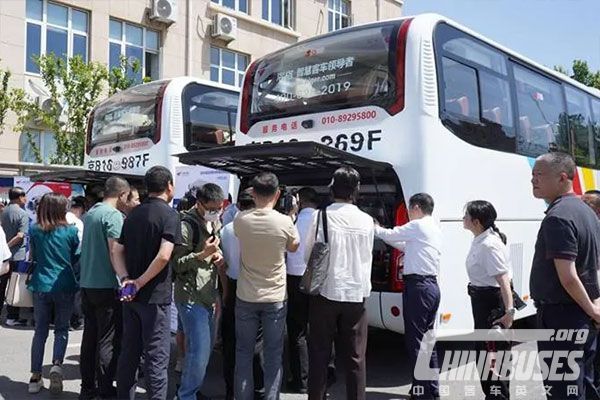
It is reported that this is another in-depth cooperation between Beijing Xingshunda and Higer following the introduction of the first batch of 10 Higer hydrogen fuel cell buses in 2023. With cooperation between the two parties, hydrogen fuel cell buses, known as the "energy of the future," are rapidly integrating into people's daily lives and making green travel more enjoyable, enriching application scenarios from public transportation to passenger charter services.
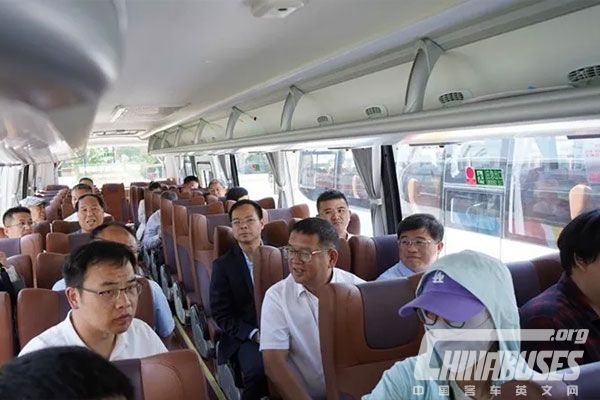
It is reported that as of now, Higer has delivered nearly 200 hydrogen buses in the Daxing area of Beijing, achieving good demonstration effects. In terms of actual operational performance, the vehicles exhibit superior performance, are quiet and comfortable, and have excellent driving performance, fully demonstrating the significant advantages of hydrogen energy products. Additionally, they are deeply loved by passengers for their pollution-free, comfortable, and environmentally friendly characteristics.
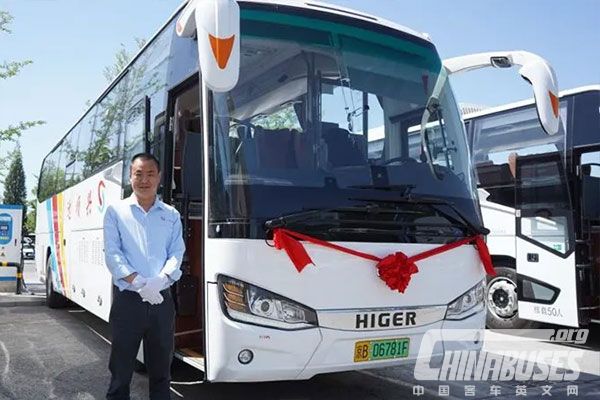
Nowadays, in Beijing Xingshunda, the fleet of 10 Higer hydrogen buses travels over 800,000 kilometers annually. In the tourism and passenger transport application scenario, Higer hydrogen buses have accumulated over 500,000 kilometers of operation, fully verifying the stability of the product's performance. At the same time, it has accumulated rich operational data and successful experience for the capital to fully build a hydrogen fuel cell vehicle demonstration city and promote the implementation of the national "dual carbon" strategy.
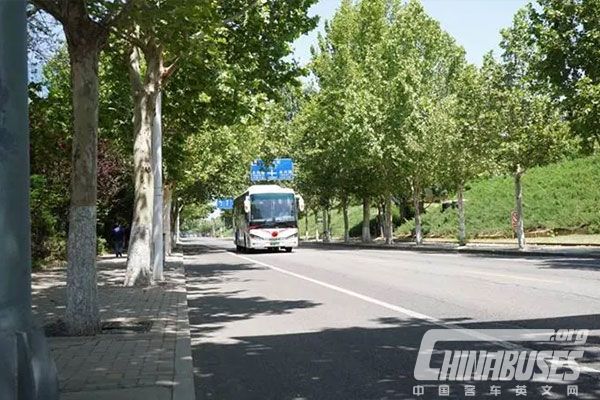
Source : www.chinabuses.org
Editor : Isabella
Views:14206
Tags:
Higer
hydrogen fuel cell bus










